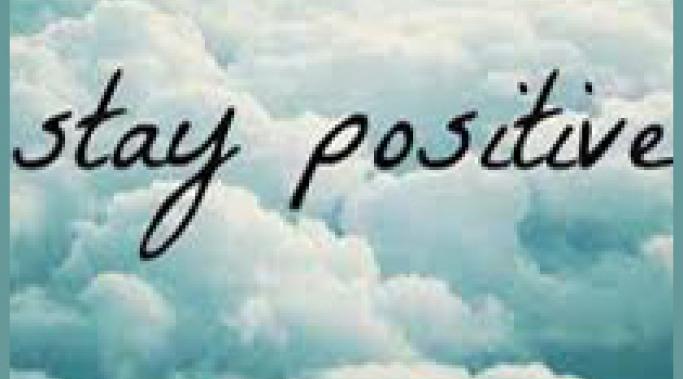I'll be honest, I'm a little worried about my neighbors. I live in an apartment complex for adults with severe mental illness; it's one step above a group home. This leads to some quite strange interactions, which raise the question of "When does the right to privacy hurt?"
More than Borderline
I'll be honest--I am angry today.
Two weeks ago, I made arrangements to get $100 out of my disability account. The first week, last week, one of my neighbors died, which caused my payee to have to reschedule checks to this week. Today, there was no sign of the check. I am very angry.
Yet I am calm and have not resorted to any negative coping skills. I've relearned how to be angry.
I'll be the first to admit I'm a gamer. I love playing video games, especially open-world role playing games such as The Elder Scrolls series and the Assassin's Creed series. I'm even a member of the Video Game Voters Network, an organization dedicated to recognizing video games as free speech. So I make it a point to keep up on news related to video games.
You're probably wondering "What does this have to do with mental illness?" Well, according to the New York Daily News, video game addiction is often a symptom of depression or anxiety.
I just celebrated six months sober. However, I face a new threat--my own indifference. Earlier today, I found myself thinking "Is this it? Sobriety is overrated." It's similar to what people newly on psychiatric medications think--"Do I really need this pill? Do I really need this program?"
It's a bullet I have to dodge.
Involuntary treatment is controversial, but sometimes necessary. While the rights of the patient are important, how far down the functionality scale should we let the patient go? Should we make it easier to hospitalize a patient who is severely impaired but not suicidal or homicidal? More Than Borderline's Becky Oberg explores this issue.
I'll be honest, I hate country music. For example, as someone who lived next to train tracks for a year, I don't consider listening to the "Night Train" romantic because the horn is too dang loud. And leaving my abusive ex was not themed like "Independence Day" or "Goodbye, Earl", as much as I would've loved to get even. But some of it just rings true, especially Tim McGraw's "My Next Thirty Years". Maybe I'm a bit reflective because I turn 35 tomorrow, but it seems to fit with my attitude towards life.
On Monday, Aaron Alexis went into the Washington Navy Yard and started shooting. Within hours his mental state was questioned--we're now learning Aaron Alexis had a psychiatric history and "slipped through the system". While there is no definite link between mental illness and a risk of violence, there is a pattern emerging between mass shooters and inadequate mental health treatment. (read: Should People with a Mental Illness have Firearm Rights?) There but for the grace of God, go I.
For a long time I've been interested Shogun-era Japan. I even have a book called Bushido: The Way of the Samurai, which is based on the Hagakure by Tsunetomo Yamamoto. One story in it is called "Story of the Thwarted Ghosts."
In the book Hagakure, samurai Tsunetomo Yamamoto writes about an alcoholic samurai. More Than Borderline blog author, Becky Oberg, examines what this tale can teach us about making mistakes.
My family got together for Labor Day. While we had a good time (my nephews and niece, all age 3 and younger, have discovered water balloons), I left worried about my brother Dan. Dan is depressed because his cat, Elfman, is sick, possibly cancer. He's doted on this cat for twelve years, and was down enough to not have interest in the steak Dad grilled (if you know Dan, you'll know that's serious). It reminded me that some people with borderline personality disorder (BPD) may take the loss of a pet especially hard. So here are some tips on how to get through the loss of a "best friend" of the fur variety.







